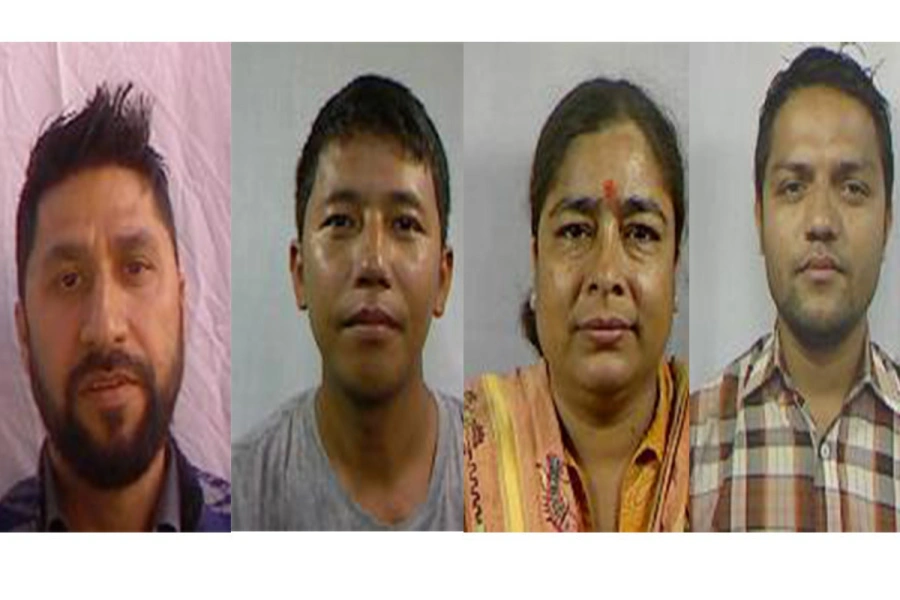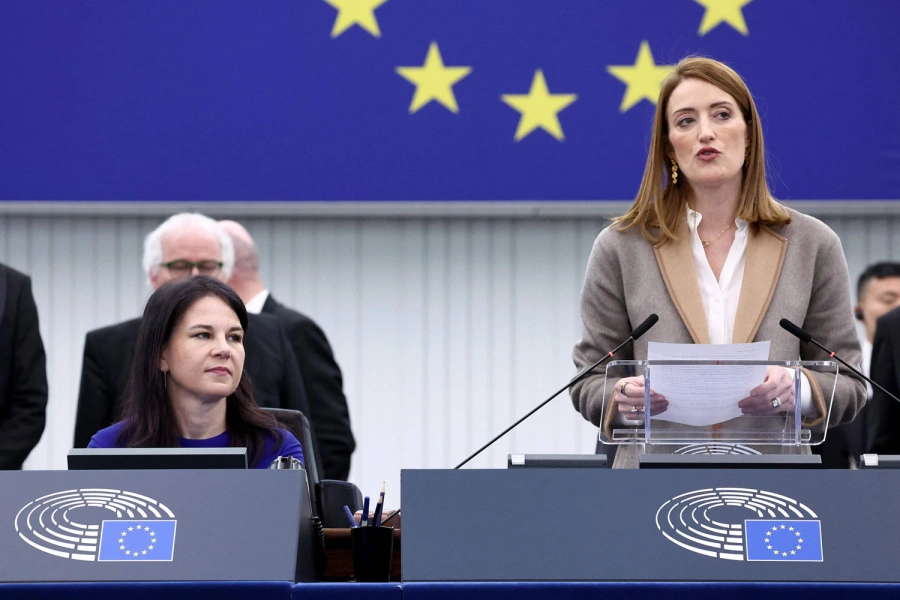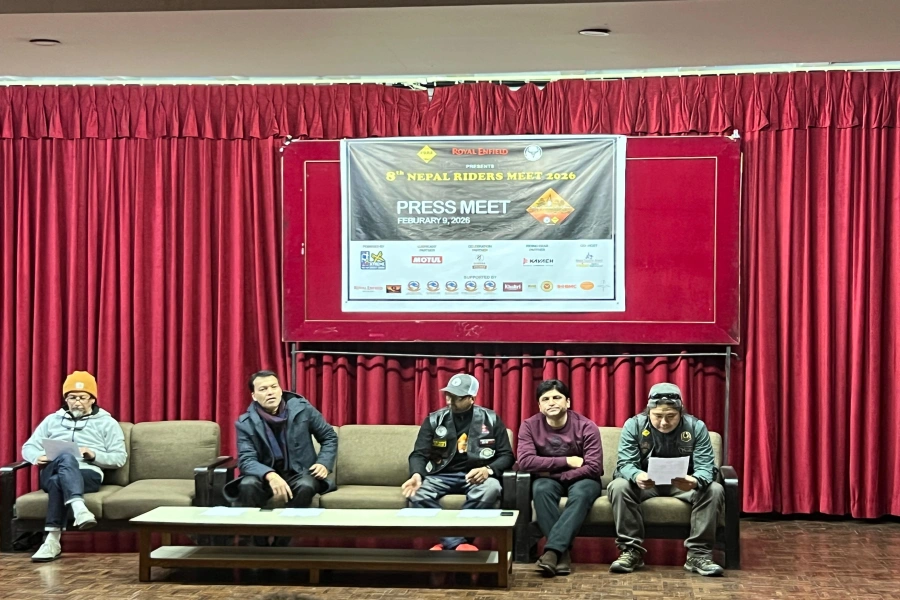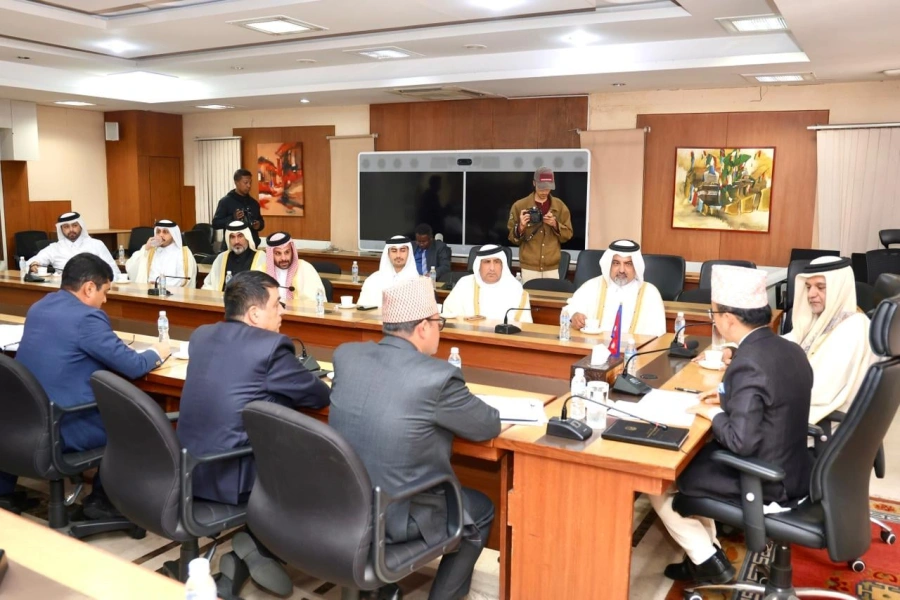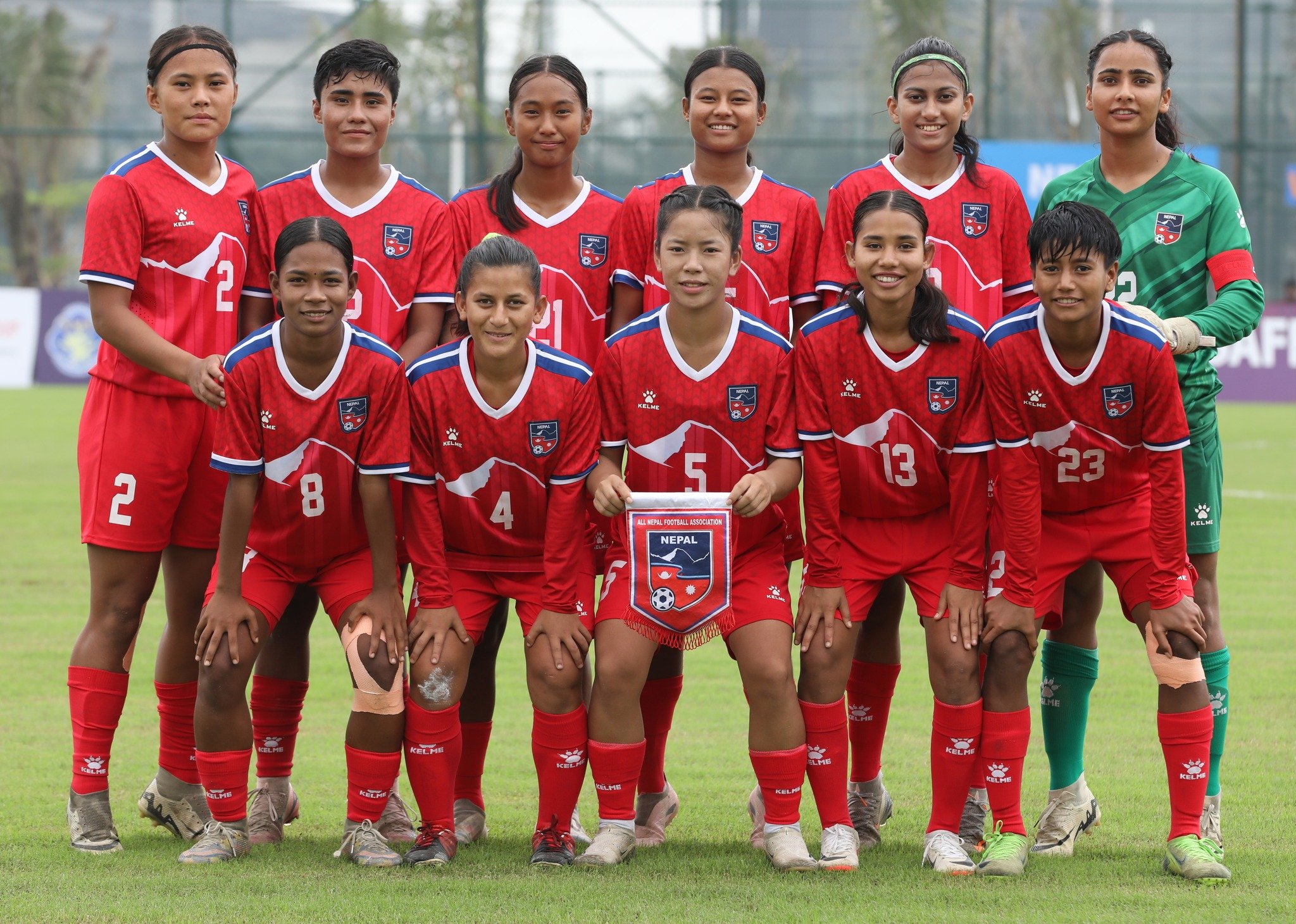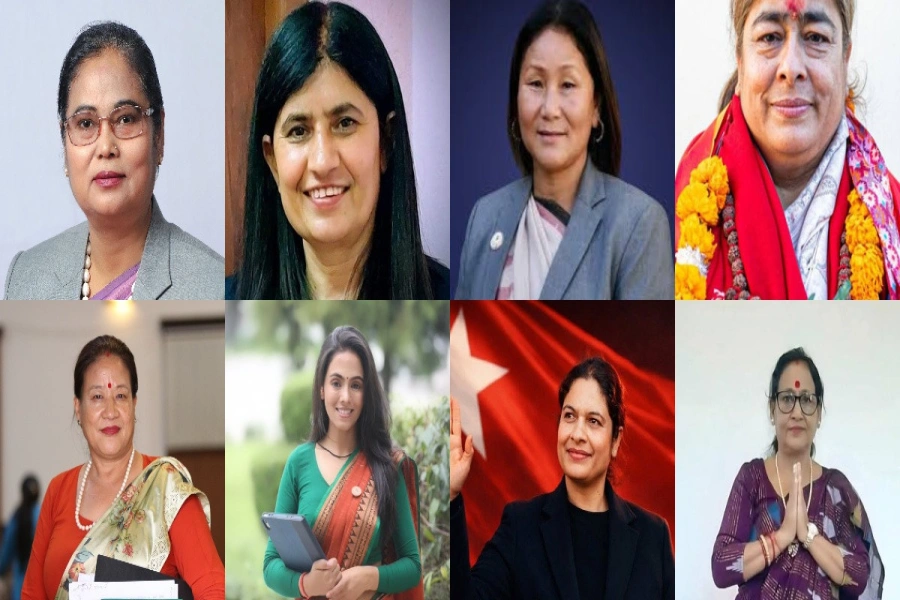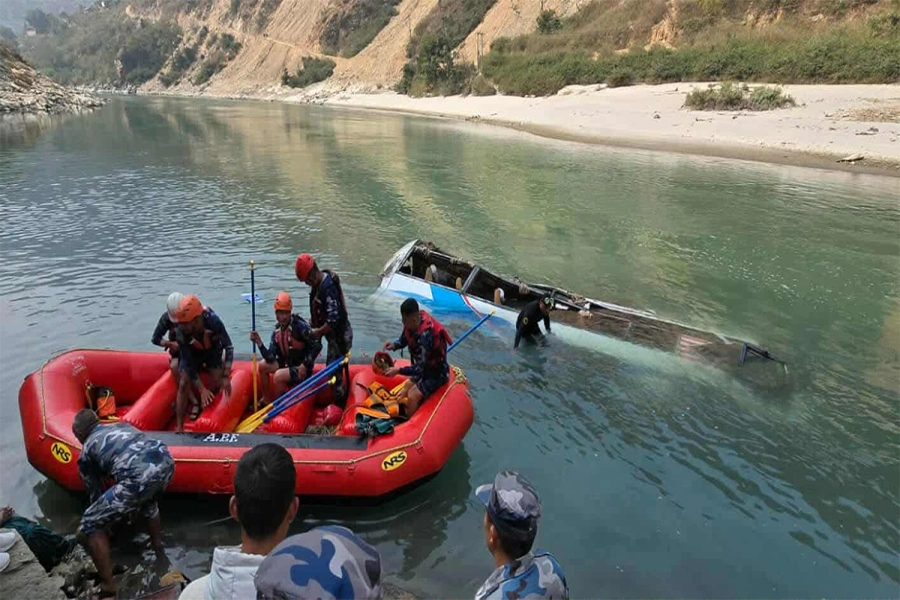The practice of “completing” development works at the end of the fiscal year, mostly in the month of Asar (mid-June to mid-July), just to claim payment against the works under the government watch has become the biggest joke to our developmental aspirations.
From the days of Panchayat to multiparty democracy to Republican system, we have been literally draining the state funds in the name of payment for development works and other expenses in the last month of the fiscal year. And the results of such practice are visible to our eyes: substandard works, huge exchange of suspected kickbacks and commissions and so on.
This spending spree has continued for years now and we have been writing against this. In paper and public speeches, political leadership vows to make the changes, but like everything else nothing changes. This practice of spending money in the eleventh hour is tantamount to fiscal crime and must be treated as such.
Recurrent spending spikes, capex rising steadily

With Yuba Raj Khatidwada, reputed for initiating fiscal reforms inside Nepal Rastra Bank, becoming the finance minister, it was hoped that he would change the situation for the better. Khatiwada had promised sweeping reforms to end our economic anomalies. But doling out state funds in the eleventh hour of the fiscal year has continued unabated under his leadership as well.
On July 6, his ministry, which administers the state coffers, made a total expenditure of Rs 17 billion. The record was broken this Sunday. All the branch offices of Financial Comptroller General Office (FCGO), the government’s payment agency, have paid a total of Rs 33 billion on the day, the last day for issuing official bank checks to different parties.
This speaks volumes about what is wrong with our project execution and payment system. Project execution is carried out in the last minute with the sole intention of using up the budget before the end of fiscal year. The Public Accounts Committee and the Office of the Auditor General have repeatedly questioned this practice and experts have decried it as vehemently.
This practice of spending tax payers’ money is wrong because significant amount of such payment is done without following the due processes and legal requirements. And such spending is made in collusion with civil servants, contractors and suppliers and even auditors who examine the spending later. Payment-receiving parties, accountants and chiefs of the government offices benefit most from this practice while the people have to bear with substandard works.
The government of K P Oli alone is not responsible for this dubious practice but the government with the absolute power should have been proactive to end such a tradition. But finance minister does not seem to have taken this brazen breach of financial discipline seriously. There is a race among contractors to blacktop roads in Kathmandu and elsewhere simply to empty the state coffers. This financial anarchy is killing our aspiration in every possible way. Will it be different this fiscal year? We can only hope.



